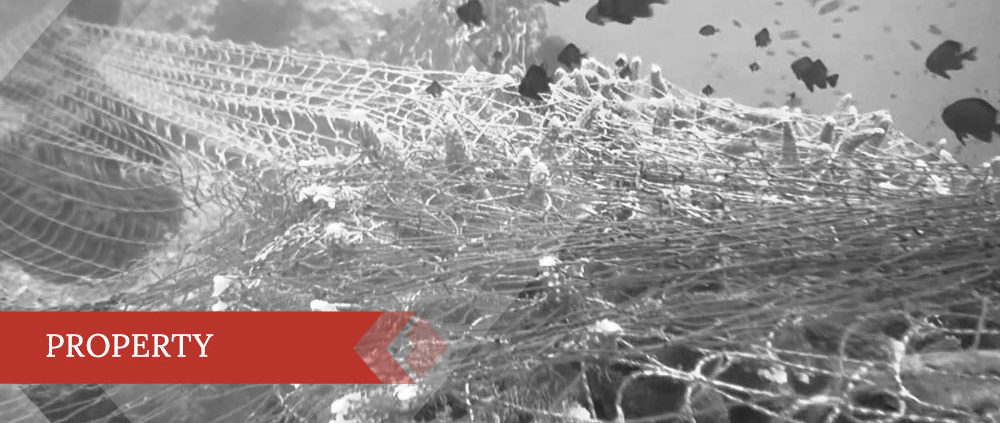For Chinese looking to buy property overseas, Britain and the United States are the shopwindows they have always looked into first – but prospective buyers are now increasinglycasting their eyes in other directions.
Real estate agents say that China’s rich are snapping up a more diverse range of prime, high-end properties across Europe.
Cici Dong, head of the Asia-Pacific desk at London-listed real estate agent Savills, saidEuropean inquiries from Chinese buyers have grown, including French vineyards, houses inmedieval villages in Italy, and luxury beach houses in Spain, spurred by the desire to diversifytheir investment portfolios.
“The bulk of our buyers are still British and Russian, but there has been a real surge of interestby Chinese investors, and they have a lot of money at their disposal.
“But unlike the others, who are looking for holiday homes, Chinese buyers are more likely to bepursuing social status or doing it for pleasure.”
Over the past two years, Chinese investors have bought about 30 properties in the world’s topwine-producing area of Bordeaux, for instance, and this year China became the Frenchregion’s biggest export market in terms of volume, according to China Wine News, an industrynewspaper.
Herve Olivier, regional director of SAFER, a French government agency that oversees ruralland development, said another 10 Bordeaux chateaux are likely to be owned by Chinese bythe end of this year, if bureaucratic obstacles can be overcome.
Dong said there is also great interest in large private villas with country views, and of those withviews of lakes or the sea.
Luca Arancio, owner of the British real estate agency Word & Buyer Ltd, who was born in Italy,said at a recent luxury overseas property exhibition in Beijing that he had received manyinquiries for Italian medieval palazzos and lakeside villas.
Houses in ski resorts, apartments and historic estates in Milan, Rome and Florence are alsofavored spots, Arancio said.
He added that Chinese buyers are low-profile, and are “looking to immerse themselves in theItalian culture and adopt the local relaxed mindset”.
Customers are primarily private entrepreneurs with different business interests, including realestate, manufacturing and tourism, and their tastes in Italian luxury spread to perfumes,dresses, bags and cars, Arancio said.
“Italy was already a popular holiday destination for the new economic elite in China, so it’snatural they now want to own a home in Italy.”
Only recently into the Chinese market, Arancio is doing his business through a partnership withSouFun.com, China’s largest real estate online portal.
His service extends to arranging for customers to sit down and have lunch with designers orengineers with the Italian luxury car maker Lamborghini, and if they want a car to be picked upand delivered to them, he can arrange that.
The allure to Chinese property buyers of countries such as France and Italy, with theirsunshine, great food and scenic beauty, is obvious, but cold economic logic is also at play.
The price of European property is estimated to have dropped by around 5 percent over thepast couple of years, and that coupled with a weak euro makes them particularly attractive.
A 19th-century property in a panoramic position in the hills that rise above Lake Gardabetween Venice and Milan, in northern Italy, can cost from about 800,000 euros ($1 million) to3 million euros.
Laurent Deleaval, CEO of Terimmo, a real estate agent that specializes in Europeanproperties, said: “Prices for large villas with a private garden, a swimming pool and a tenniscourt certainly cost much more than small houses, but the prices have hardly stormed ahead;they have remained stable or risen gently.”
For Chinese investors who are involved in manufacturing, buying a house in Italy can also beabout more than having a second home, property agents said.
Again, cold economic realities come into play as owning property in Italy may make it easier forthem to legally use the highly valued moniker “Made in Italy”.
However, language barriers and fears of culture shock in Europe still scare many Chineseaway.
Barrier Javier Julian, regional manager for China of VAPF, a Spanish real estate agency, saidmany Chinese who have shown initial interest in buying beach houses in his country havepulled back citing language and cultural differences.
“Spain is not an English-speaking country and it’s not an immigrant country either. This islimiting the number of potential Chinese buyers.”
China’s foreign exchange curbs are also a problem.
Chinese people are legally restricted to transferring no more than $50,000 out of the country ayear, not even enough for a very modest deposit.
Nevertheless, rich Chinese are somehow still managing to get their hands on some of the most expensive properties in Europe.
SOURCE: ChinaDaily.com.cn



